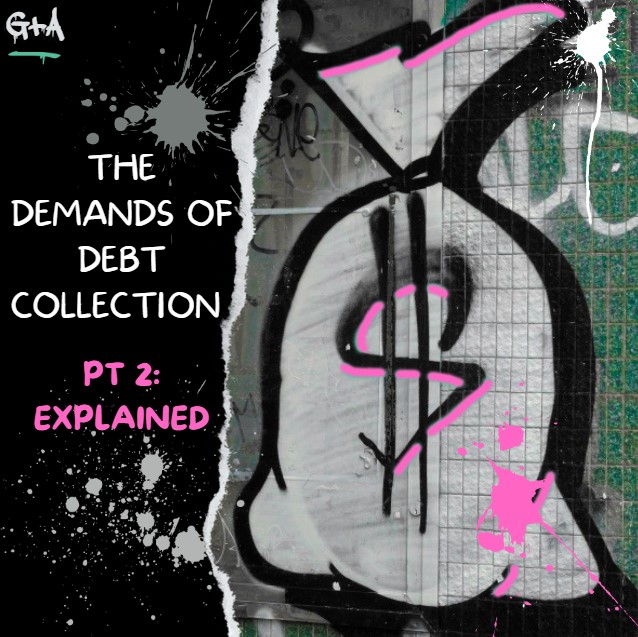part 2
Following up from our last update, your company has been served with a Statutory Demand; you want to know what your options are to set it aside. Remember that if the Statutory Demand does not meet any of the grounds to set it aside; the company must pay the debt or enter a suitable payment arrangement with the creditor; otherwise it will be deemed insolvent. This will in turn allow the creditor to take steps to wind-up your company.
There are four grounds in which a Statutory Demand can be set aside but before we turn to these ‘defences’, let us look into how your company can apply to set aside a Statutory Demand?
Can a company set aside a Statutory Demand and if so, how is it done?
A company may apply to a Court for an order to set aside a Statutory Demand under section 459G of the Corporations Act 2001 (Cth) (the Act). The application must be made within the 21 days after the company has been served; and must have an accompanying affidavit to be filed with the Court. A copy of the application and the accompanying affidavit must be also served on the person who served the demand.
What are the circumstances in which a Statutory Demand can be set aside?
The four individual grounds in which a Statutory Demand can be set aside can be found under sections 459H and 459J of the Act and are as follows:
(a). A genuine dispute exists between the company and the creditor about the existence or the amount of a debt to which the demand relates
(b). The debtor company may have an offsetting claim
(c). There is a defect in the demand itself which will lead to substantial injustice being caused on the company unless the demand is set aside
(d). There is some other reason why the demand should be set aside
Genuine Dispute
Often the Statutory Demand is set aside based on a genuine dispute in relation to the existence or the amount of the debt claimed in the Statutory Demand itself. In your application to the Court, the company must show that there is a “genuine dispute” i.e.; that there is a dispute that requires further investigation. Recent case law reveals that a Statutory Demand cannot be used as an instrument for debt collection. Whilst the term ‘genuine dispute’ is not defined in the Act, there must be a serious question to be heard.
An Offsetting Claim
The second ground in which a company may set aside a Statutory Demand is an offsetting claim. A company may have an offsetting claim against the creditor if it could argue that the debt could be reduced or eliminated. An offsetting claim can be brought by the company against the creditor if there is a genuine claim by way of a counterclaim; set-off or cross demand. The claim must be genuine but does not need to arise out of the same transaction. The offsetting claim must truly exist in fact and not be hypothetical or misconceived.
Defect in the Demand
Another ground to set aside a Statutory Demand is when there is a defect in the demand itself. Section 9 of the Act outlines what defines a defect in a demand:
(a). An irregularity
(b). A misstatement of an amount or total
(c). A misdescription of a debt or other matter
(d). A misdescription of a person or entity
In general terms, a defect could constitute a deficiency in the demand or a lack of something for the demand to be deemed valid. An example of a defect could be that there is an inconsistency in the amount claimed; or the description of the debt is said to be confusing. This in turn will lead to substantial injustice caused on the company is the demand is not set aside.
Another reason to set aside the Statutory Demand
A Statutory Demand could also be set aside in the following situations:
- The statutory demand and accompanying affidavit are not executed on the same date.
- The amount of the debt in the affidavit is not verified.
- The demand is not accompanied by an affidavit.
- The failure to specify in the affidavit that the debt was due and payable.
- The demand was made for an improper purpose.
If I am successful in setting aside the Statutory Demand, what happens next?
If you are successful in setting aside the Statutory Demand, then the creditor will not be able to rely on the presumption of insolvency; therefore no wind-up proceedings will be able to be filed with the Court. Costs for the preparation of the application are usually awarded to the company.
At Green & Associates, we are experts in applying for no convictions and have an excellent success rate in achieving this for our clients. Regardless of the charge, we are ready to be in your corner and assist you during this uncertain time. If you or someone you know needs assistance with a similar case, contact our office today.




